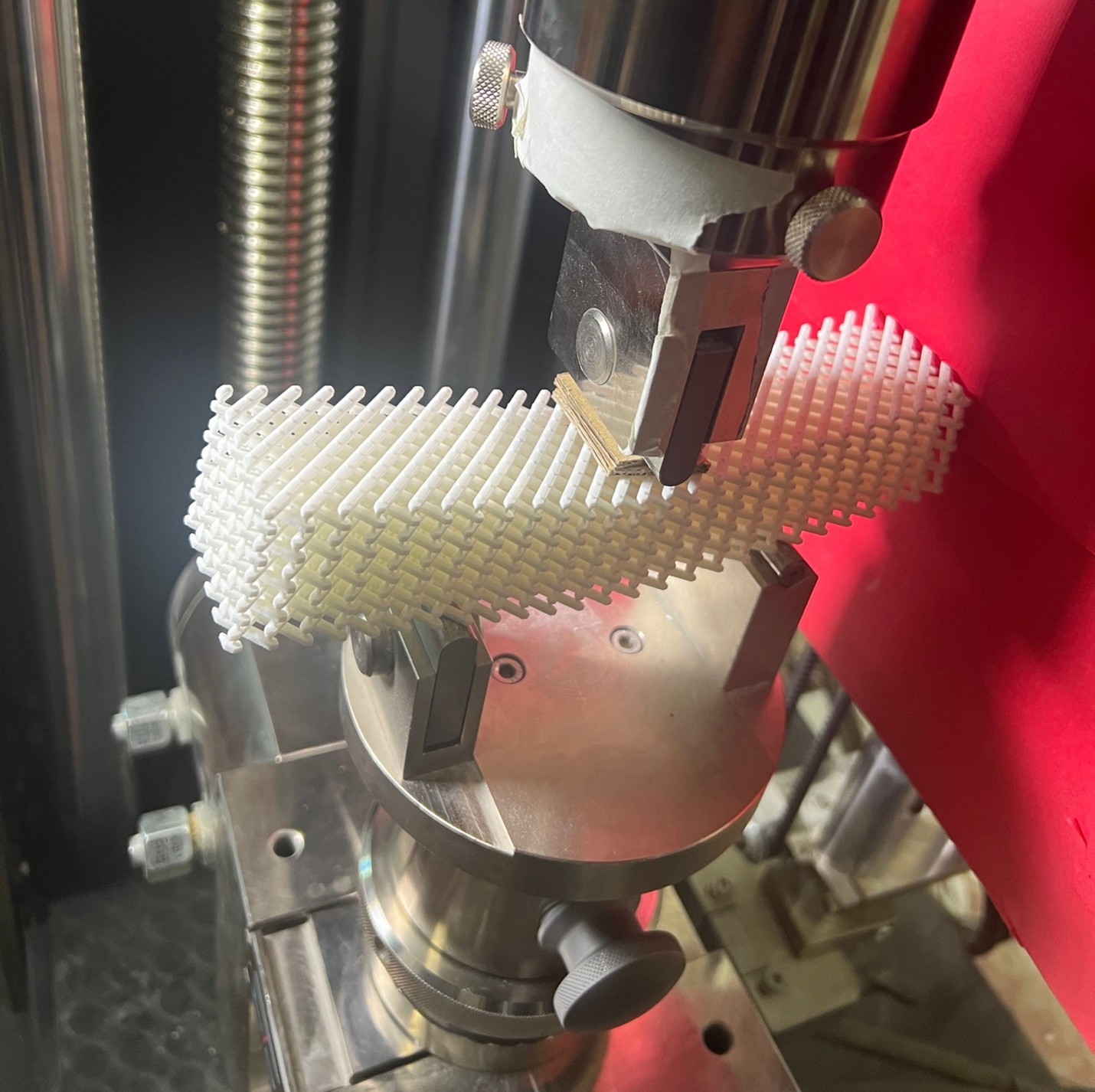
Titolo: Metamaterials design and synthesis with applications to infrastructure engineering
Responsabile: Francesco dell’Isola
Principal Investigator: Barchiesi Emilio
Unità di ricerca coinvolte: Università degli Studi di Sassari (Coordinatore), Università degli Studi di L’Aquila, Università degli Studi "Mediterranea" di REGGIO CALABRIA, Università degli Studi di CAGLIARI
Descrizione:
Efficient infrastructures are essential for all human activities. They have a central role in mobility and accessibility, whether it is the need to connect jobs to housing, or deliver goods and services to communities, or provide evacuation and emergency services during extreme events and natural disasters. Railways, roadways, and highways and related structures are important for fulfilling the need for transportation of goods and people over long-distance. They have an even more significant role in connecting communities, contributing to their resiliency and providing the last-mile accessibility.
Recent years have seen a resurgence of cyber-physical systems and edge computing. These have opened the possibility for novel embedded sensing systems and the actionable data analysis of the sensed parameters. The sensing methodologies combined with breakthroughs in artificial intelligence using the tools of deep learning and machine learning opens the possibility of real time processing of data. Materials science and engineering have experienced two important breakthroughs relevant to road infrastructure: (1) Metamaterials, and (2) 3D printing. Metamaterials are novel material systems that “do not appear in nature” and that are conceived, designed and realized in response to specific functional requirements. They have been discussed and are rapidly beginning to appear in the academic literature. These materials are being increasingly proposed for tailored functionalities that can be combined into intelligent infrastructure in many ways, e.g., tuning foundations to mitigate seismic action. The ability to realize such material systems with controlled micro-structure and mechanics has become possible with the developments in emerging 3D printing technologies. If these materials could be coupled with sensing, control and communications, their behavior and configuration could be tailored to respond to environmental stimuli.
The objective of the proposed project is to develop efficient theoretical and computational techniques in metamaterials design and synthesis enabling to develop safe, reliable and resilient infrastructures. Specifically, the proposed project will investigate what are the rational design procedures that can exploit all complexities offered by additive and other advanced manufacturing (such as 3D printing) techniques, including shape complexity, hierarchic complexity, material complexity, and functional complexity. On the theoretical side, the project will address the study of methods that are efficient for harnessing the multiscale multiphysics phenomena while, on the technological side, it will address how to control artefacts introduced due to fabrication process, such as anisotropy due to layer-by-layer production, and damage and defect mechanisms specific to 3D printed materials.






